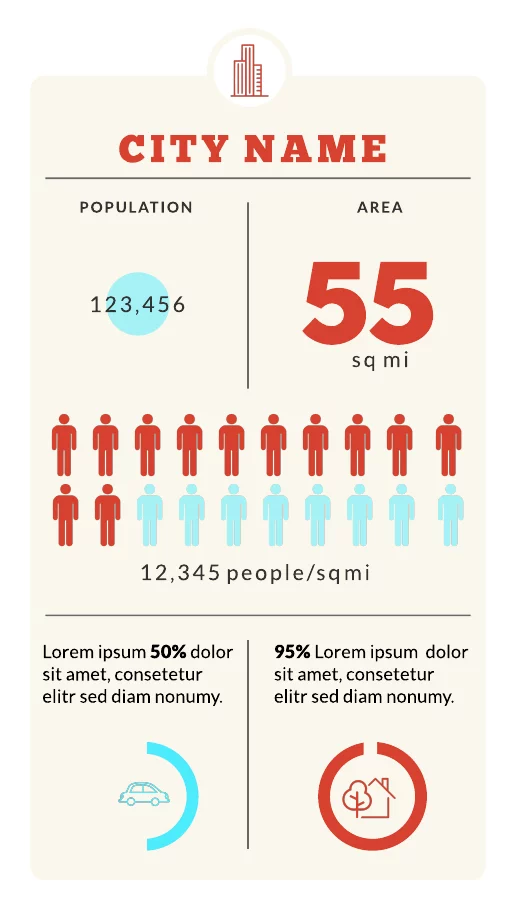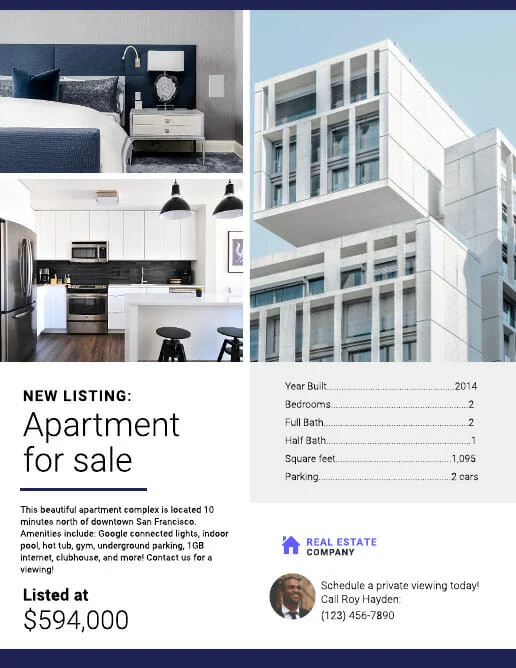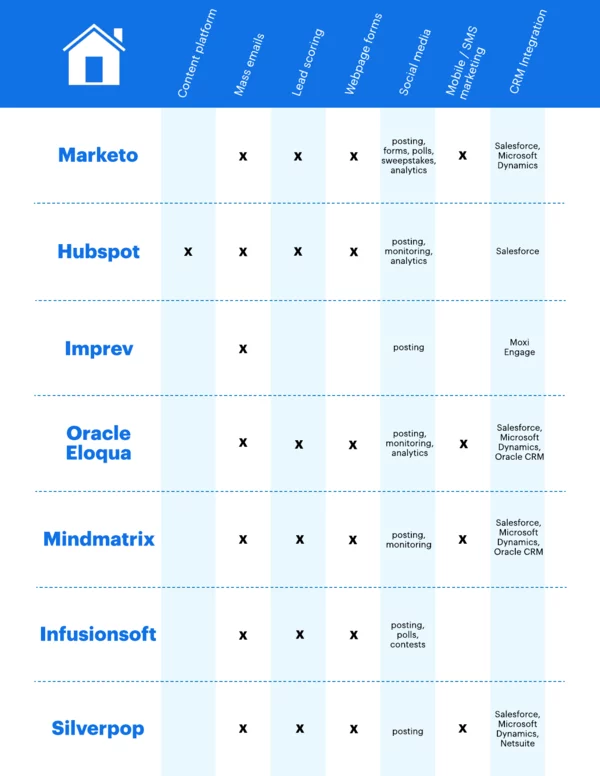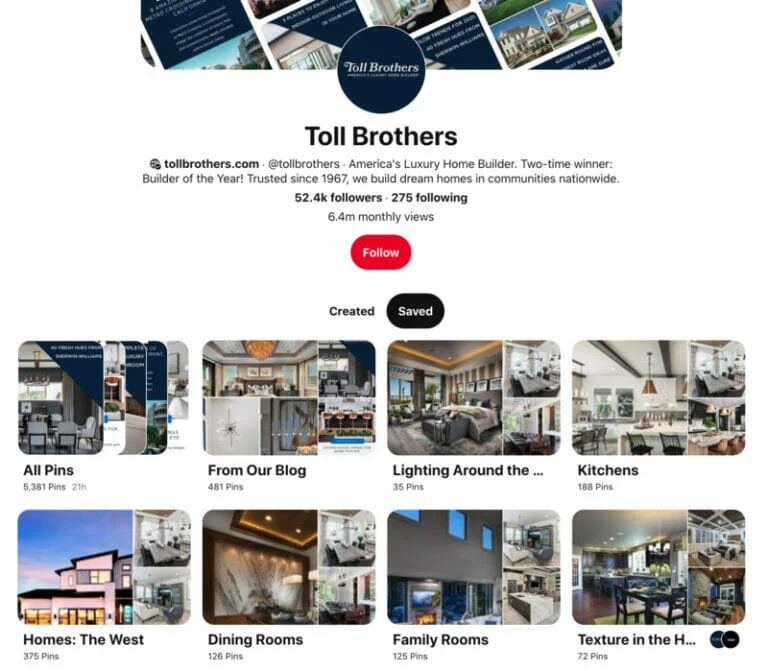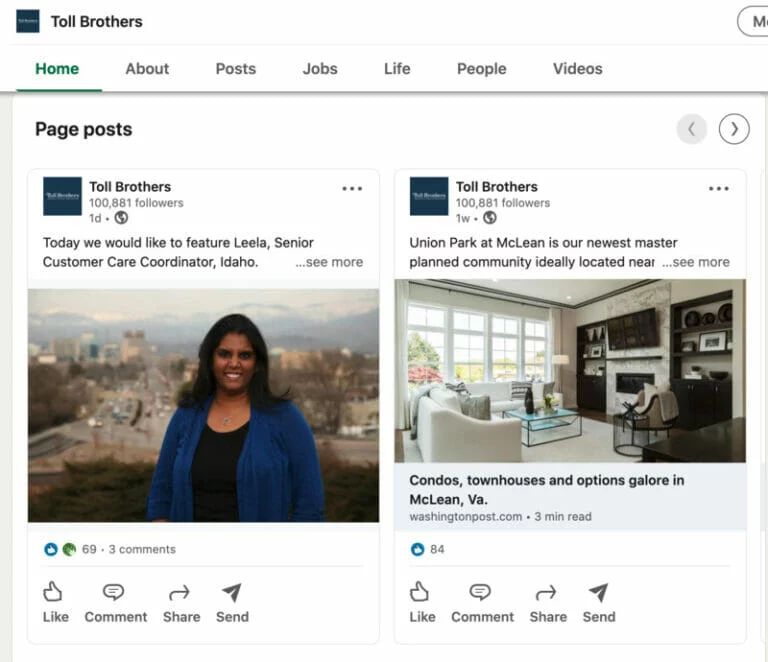It seems impossible to keep up with all the new technology developments, let alone predict how they will impact the future of real estate. Our world resembles science fiction more each day with AI, facial recognition and self-driving cars. So, which technologies are already driving change in the real estate industry?
Cryptocurrency has already infiltrated the real estate industry, as more and more properties are being purchased with cryptocurrencies and property records are being secured in blockchains. Some of the most forward-thinking real estate brokerages are already working with cryptocurrencies and have been impressed with the ease and safety of the transactions.
Artificial intelligence (AI) has been a hot topic this year, and many people are panicking about how AI will change the workforce. Although AI is being used to advertise the right homes to the right people right now, most people would still rather have a personal relationship with their agent. Brokerages can take advantage of this by effectively combining the best real estate agents with AI—for example, by using chatbots. Chatbots can gather information from clients before they speak with an agent. The agent is more informed in less time, and the clients get faster, better service.
Facial recognition technology is not just for securing your phone or creating talking emojis. This new technology can also be used in property management. A property rental company in China has implemented facial recognition in their security systems. Tenants, employees, agents and security staff are all given access to the buildings with their faces instead of keys. Not only is this more secure for the property, but it’s also more convenient for tenants.
When you hear about technological developments in the real estate industry, don’t panic. Throughout history, we have seen industries evolve with technology that makes work easier and more efficient for both sellers and buyers. Stay up to date on the latest changes, and be ready to adapt the best innovations.
